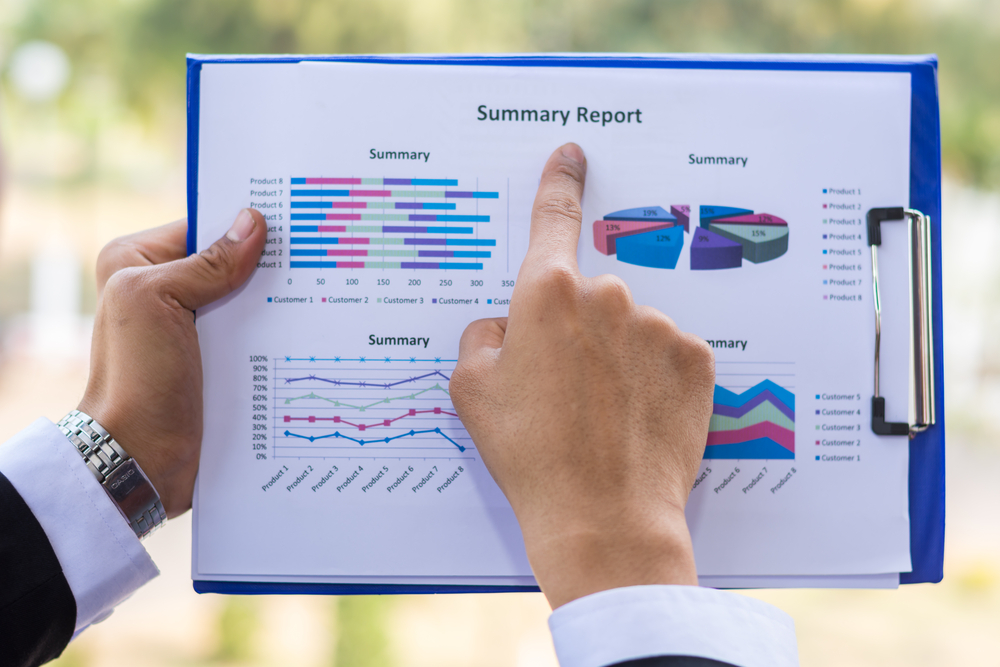On March 21, 2022, the Securities and Exchange Commission (SEC) proposed rule changes that will require U.S.-listed companies to provide investors with detailed climate change risk information, including some climate-related financial statement metrics and the disclosure of registrants’ greenhouse gas (GHG) emissions.
“I am pleased to support today’s proposal because, if adopted, it would provide investors with consistent, comparable, and decision-useful information for making their investment decisions, and it would provide consistent and clear reporting obligations for issuers,” SEC Chair Gary Gensler said. “Our core bargain from the 1930s is that investors get to decide which risks to take, as long as public companies provide full and fair disclosure and are truthful in those disclosures. Today, investors representing literally tens of trillions of dollars support climate-related disclosures because they recognize that climate risks can pose significant financial risks to companies, and investors need reliable information about climate risks to make informed investment decisions. Today’s proposal would help issuers more efficiently and effectively disclose these risks and meet investor demand, as many issuers already seek to do. Companies and investors alike would benefit from the clear rules of the road proposed in this release. I believe the SEC has a role to play when there’s this level of demand for consistent and comparable information that may affect financial performance. Today’s proposal thus is driven by the needs of investors and issuers.”
The proposed changes would require the following information disclosures:
- A registrant’s governance of climate-related risks and relevant risk management processes;
- How any climate-related risks identified by the registrant have had or are likely to have a material impact on its business and consolidated financial statements, which may manifest over the short, medium, or long term;
- How any identified climate-related risks have affected or are likely to affect the registrant’s strategy, business model, and outlook; and
- The impact of climate-related events (severe weather events and other natural conditions) and transition activities on the line items of the registrant’s consolidated financial statements, as well as on the financial estimates and assumptions used in the financial statements.
Scope 1–3 reporting
The proposed changes require registrants to disclose information about:
- Direct GHG emissions (Scope 1),
- Indirect emissions from purchased electricity or other forms of energy (Scope 2), and
- GHG emissions from upstream and downstream activities in their value chain (Scope 3) if material or if the registrants have set a GHG emissions target or goal that includes Scope 3 emissions.
“These proposals for GHG emissions disclosures would provide investors with decision-useful information to assess a registrant’s exposure to, and management of, climate-related risks, and in particular transition risks,” an SEC press release says. “The proposed rules would provide a safe harbor for liability from Scope 3 emissions disclosure and an exemption from the Scope 3 emissions disclosure requirement for smaller reporting companies. The proposed disclosures are similar to those that many companies already provide based on broadly accepted disclosure frameworks, such as the Task Force on Climate-Related Financial Disclosures and the Greenhouse Gas Protocol.”
Scope 3 reporting has been the issue of much dissent and debate among companies.
“Companies say there is no agreed methodology for calculating Scope 3 emissions and providing that level of detail would be burdensome,” Reuters reports.
The SEC’s proposed rule changes will require accelerated filers and large accelerated filers “to include an attestation report from an independent attestation service provider covering Scopes 1 and 2 emissions disclosures, with a phase-in over time, to promote the reliability of GHG emissions disclosures for investors.”
All SEC registrants will be provided with a phase-in time period, with varying compliance dates that are dependent upon each registrant’s filer status. Additional phase-in periods are provided for Scope 3 emissions disclosures.
The proposed changes will be published in the Federal Register and on the SEC.gov website. The public comment period is open for 30 days after publication in the Federal Register or 60 days after the date of issuance and publication on SEC.gov, whichever period is longer.
In light of these proposed rule changes, industry is advised to develop comprehensive climate change assessments and formulate strategies to convey these types of risks to their stockholders.

